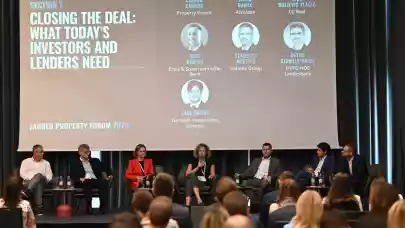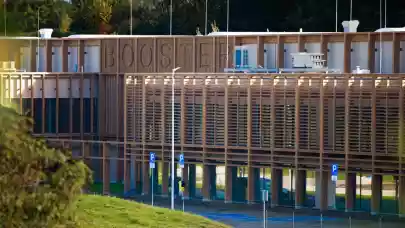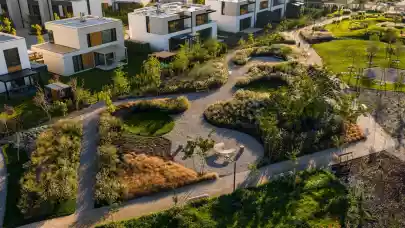
Our annual Zagreb Property Forum 2025 brought together leading real estate professionals to dissect the evolving investment landscape in Croatia, revealing a market brimming with potential and complexity. Moderated by Property Forum's Csanád Csürös, the first panel explored the nuanced dynamics of investment, financing, and market transformation.
The discussion highlighted Croatia's remarkable market evolution, with domestic and regional investors playing a pivotal role in filling investment gaps. Sašo Šmigić from Generali Investments Slovenia emphasised this transformation: "We've seen the market institutionalise over eight years. Where we once could pick and choose assets freely, we now face much stiffer competition, signalling a maturing investment ecosystem."
Szabolcs Mestyán from Indotek Group highlighted that while domestic investment is good relative to the region's current state, it's not as robust as it could be in a truly developed market. He believes that if the SEE region were more stable and predictable, international capital would flow more freely.
Neda Buljević Vlačić from CC Real underscored the market's growing attractiveness, pointing to macroeconomic stability, EU and Schengen accession, and recent regulatory changes enabling pension funds to expand their investment portfolios. "The key to successful transactions remains finding the right local partner who can guide investors through complex local landscapes," she noted.
Financing dynamics have also shifted dramatically. Peter Számely from HYPO NOE Landesbank highlighted the increasing bank competition for quality projects, with margins gradually decreasing. "For good projects, there's significant bank competition. We want to be part of the success, not just providers of capital," he explained.
Ivana Barać from Accolade provided insights into the industrial real estate sector, traditionally overshadowed by tourism. "When you compare Croatia's industrial property market to more developed markets like Poland or the Czech Republic, there's enormous potential. We have less than a million square meters of high-quality industrial property, compared to 3.5 million in more mature markets," she observed.
ESG considerations, once a hot topic, have now become standard practice. Igor Kanjuh from Erste & Steiermärkische Bank stressed the importance of a measured approach: "While new developments already incorporate ESG requirements, we must be careful not to block the market. We need a transitional strategy for existing brownfield assets, offering incentives to help them transform."
The panellists unanimously agreed that while challenges persist, Croatia's real estate market offers significant opportunities. The growing presence of domestic investors, improving infrastructure, and increasing market sophistication are creating an attractive environment for both local and international capital.



